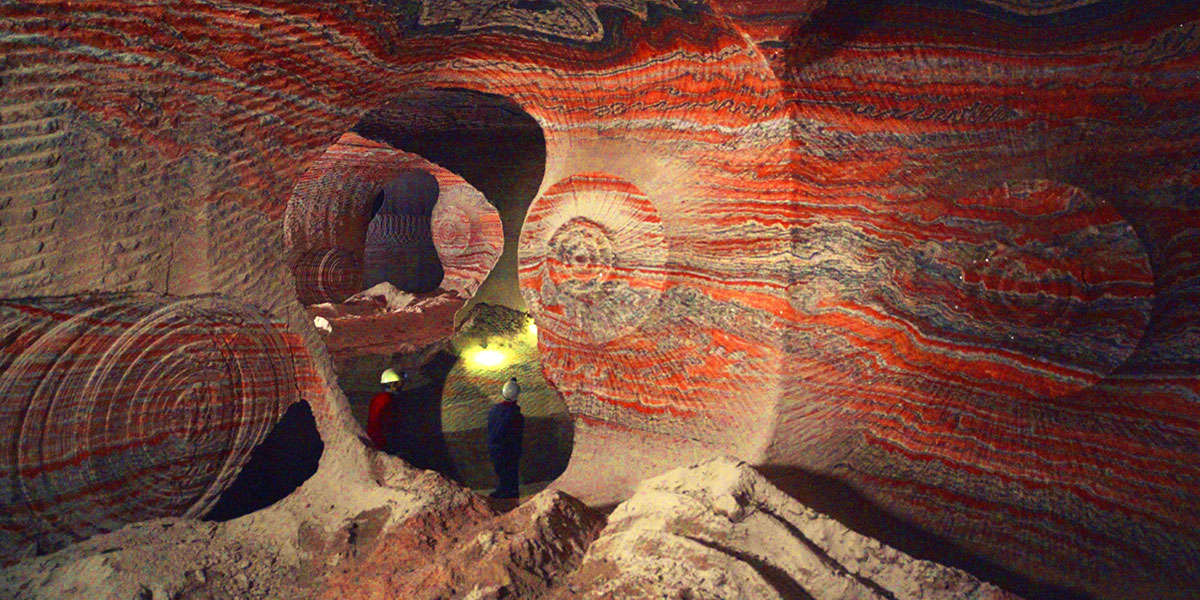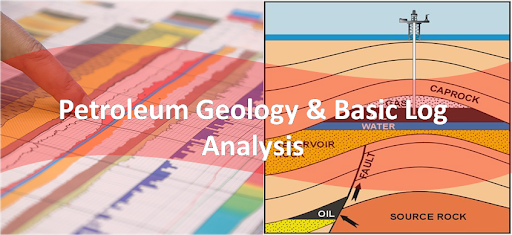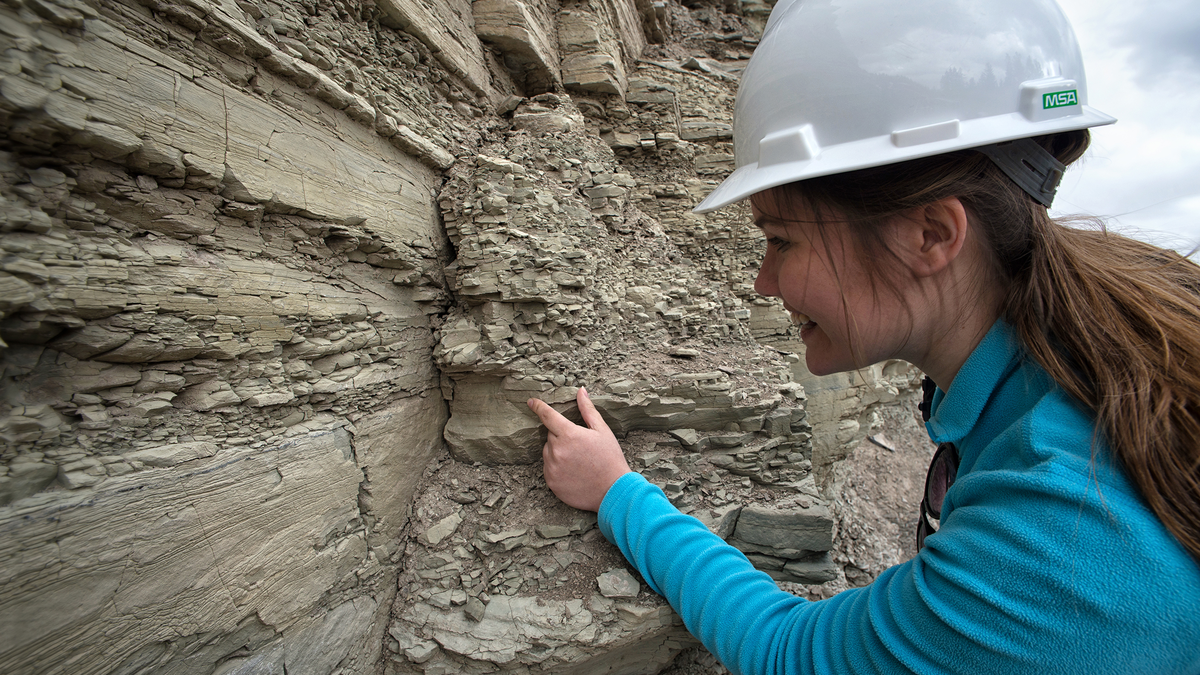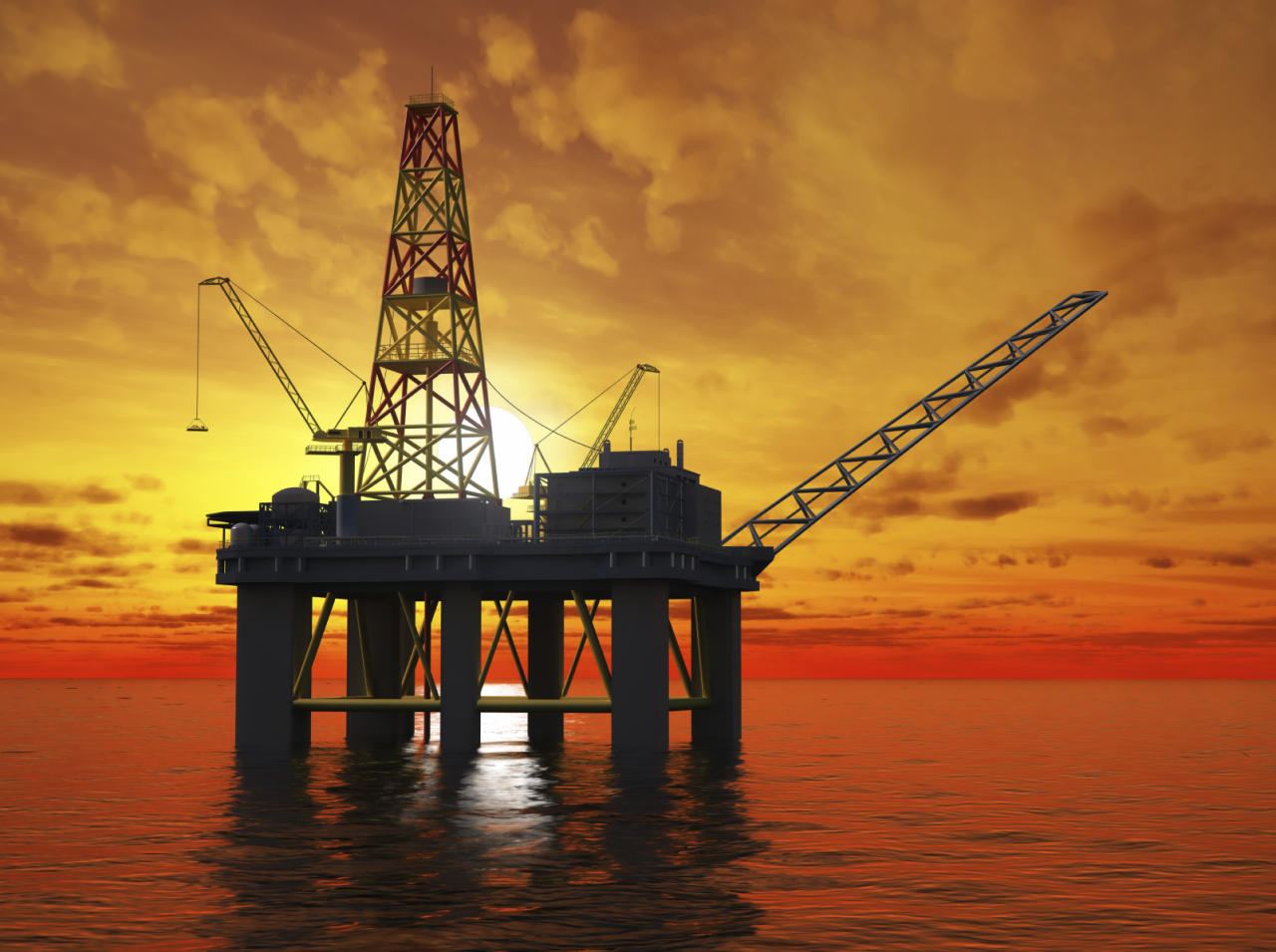

This course is for anyone who could benefit by an overall perspective of petroleum geology, exploration, drilling and production to be more productive in their job. It is a non-technical course, anyone can take this course. Primary objectives of the course are to broaden your geological vocabulary, explain selected geological principles and processes, and describe how certain petroleum reservoirs and source rocks are formed.
By the end of this course delegates will be able to:
Geologists, Geophysicists, Petrophysicists, Stratigraphers , Reservoir, Petroleum, Wellsite Geologists, Petroleum Engineers, Drilling Engineers, Reservoir Engineers, Production Engineers, Operations Engineers, Technologists, Log Analysts, E&P Personnel, Exploration & Development Personnel, Geologists, Reservoir Engineers, Seismic Interpreters, E&P Managers, Oil & Gas Personnel
This interactive Training will be highly interactive, with opportunities to advance your opinions and ideas and will include;
Course Outline:
BTS attendance certificate will be issued to all attendees completing minimum of 80% of the total course duration.
| Code | Date | Venue | Fees | Register |
|---|---|---|---|---|
| GE110-01 | 19-04-2026 | Cairo | USD 5450 | |
| GE110-02 | 12-07-2026 | Casablanca | USD 5950 | |
| GE110-03 | 20-09-2026 | Manama | USD 5450 | |
| GE110-04 | 29-11-2026 | Dubai | USD 5450 |

Geology is the science that deals with the history and structure of the earth and its life forms, especially as recorded in the rock record. A basic understanding of its concepts and processes is esse ...

This introductory course is designed for industry professionals with no prior geological training. Registrants will gain an understanding of fundamental geological principles and the tools and techniq ...

This course provides the candidates with a technical overview of the science and art of geology including drilling operations, completion practices and post-completion wellbore enhancement or remedial ...

This course covers the basics of oil and gas exploration and production process in intricate detail. A large range of topics like oil well drilling, well completion, wellhead Christmas tree, reservoir ...
Providing services with a high quality that are satisfying the requirements
Appling the specifications and legalizations to ensure the quality of service.
Best utilization of resources for continually improving the business activities.
BTS keen to selects highly technical instructors based on professional field experience
Since BTS was established, it considered a training partner for world class oil & gas institution
1st floor, Incubator Buildingو Masdar City, Abu Dhabi, UAE
Sun to Fri 09:00 AM to 06:00 PM
Contact Us anytime!
Request Info